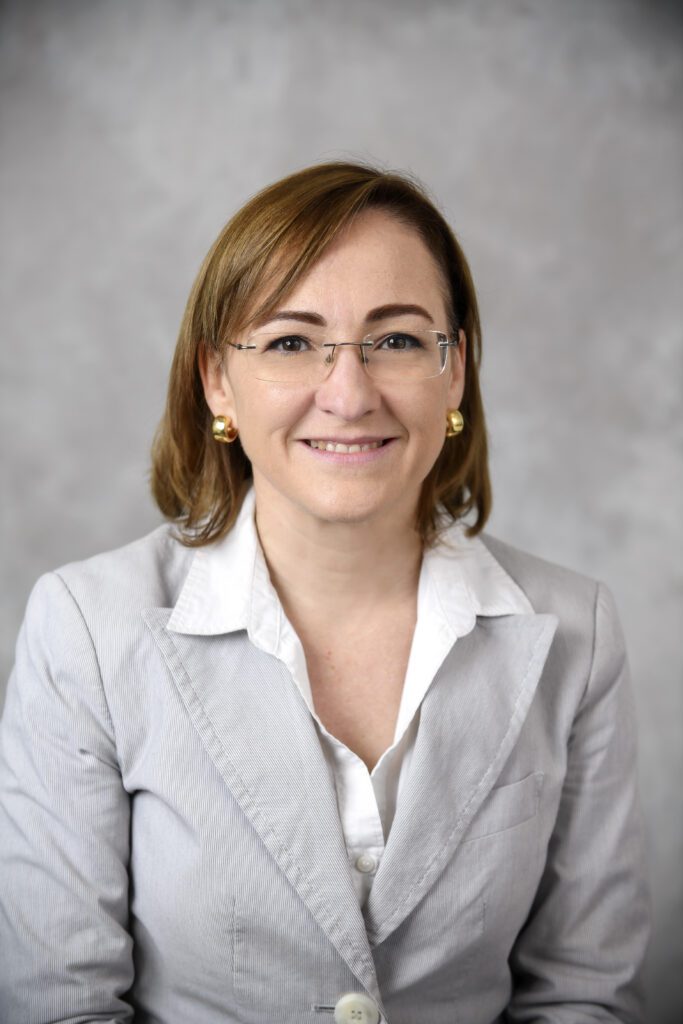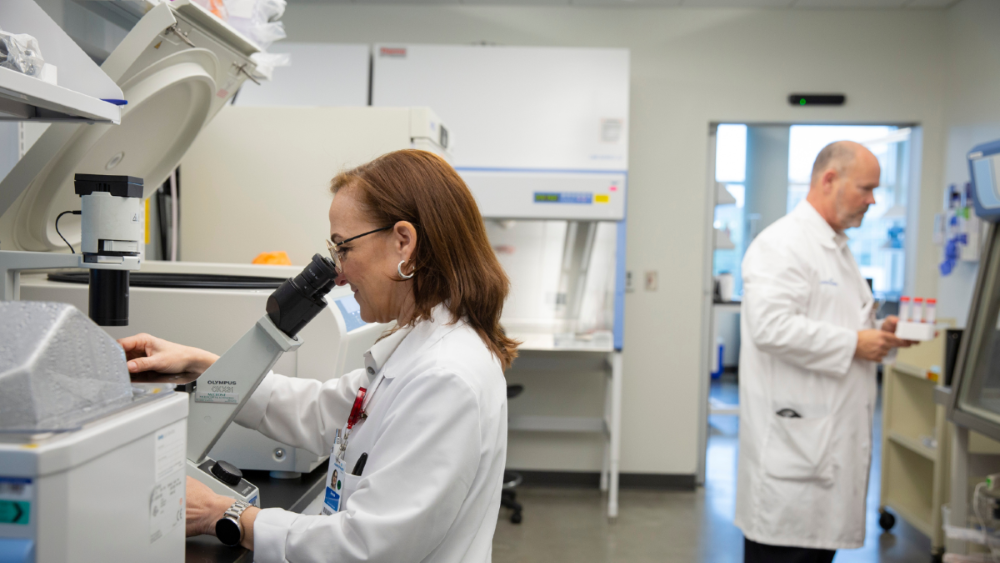AdventHealth Initiates Study to Expand Screening in Underserved Populations
by RYAN MILEJCZAK
Type 1 diabetes, or T1D, is a condition in which the pancreas makes little to no insulin, leading to high levels of blood sugar. If not properly treated, it can have serious implications for a patient’s health. Over the past several years, there has been an increase in T1D cases. In many cases, T1D goes undiagnosed, or improperly diagnosed as Type 2 Diabetes, especially in underserved populations, such as those with low income.
To improve and expand screening for T1D, AdventHealth launched the ACCESS-T1D study.
Endocrinologist Dr. Anna Casu is the principal investigator of the study and the Von Weller Family Chair in Type 1 Diabetes Research. Casu originally hails from Sardinia, Italy, which has the second-highest incidence of T1D in the world. Casu herself was diagnosed with T1D at age 6. Because of this, T1D is a topic that’s near and dear to her heart.
“My career has always revolved around type 1 diabetes,” she says.
T1D is similar to type 2 diabetes in that both have to do with problems managing blood sugar levels, but while type 2 diabetes usually develops later in life due to lifestyle factors, type 1 diabetes most often arises in childhood and is unrelated to lifestyle. In some cases, type 1 diabetes may be misdiagnosed as type 2.

“Type 1 diabetes is caused by an attack by our immune system on the cells that produce insulin in the pancreas. About half of people diagnosed get it after 30, and this is often misdiagnosed as type 2. Then what happens is the medications for type 2 do not work well, causing struggles with metabolic control and blood glucose,” Casu explains.
Part of the difficulty in properly diagnosing older patients with T1D is that their progress is generally much slower than in children, which can make it resemble type 2.
Another challenge for diagnosing T1D is that many from ethnic and racial minority groups and those from disadvantaged communities have less access to pre-clinical screening and advanced care.
In order to combat these issues, AdventHealth has launched the Access to Clinical Care, Education and Screening for Underserved Children and Adults with Type 1 Diabetes study — or ACCESS-T1D — out of the AdventHealth Research Institute in Orlando.
“We will bring screening opportunities physically closer to those who are at high risk of T1D, reducing their burden and facilitating participation, especially of underserved and disadvantaged populations, who often cannot take time off their work or family commitments to take care of themselves,” Casu says.
“The study has two prongs,” she explains. “The first is screening. We want to identify people who are in the early stages of T1D or who have a diagnosis of diabetes that was not labeled as type 1, and expand the people who have access to screening and know about it, in particular, people who are in underserved communities. The other arm of the study is identifying new and additional markers for T1D. We need better ways to predict how fast T1D is developing so that we can target specific people with preventative medications that are now available or being studied.”
WHAT’S INVOLVED?
Those interested in participating will only need to provide a single blood sample.
“It’s very simple, one non-fasting blood sample taken at any time of day is all we need,” Casu says. “In that sample, we’ll measure eyelet antibodies, test blood glucose, insulin production, and HbA1c, another metabolic marker. With the leftover blood, we’ll isolate the extracellular vesicles and look at the proteins there.”
For those interested in being a part of the study, joining is simple. They have a website, accesst1d.com, and two phone numbers you can call: 407-303-7193 and 877-853-8475. You’ll speak with the recruitment team, who will explain the study briefly and make sure you are a good candidate. Then, they’ll schedule you a visit to get your blood taken, and record relevant information such as your family history. The blood draw can be scheduled at various sites in the area, such as health parks and research institutions.
ELIGIBILITY REQUIREMENTS
To be eligible, patients must meet the following criteria:
- Be at least 2 years old
- Meet one of the following:
- You have a brother, sister, child, parent, grandparent, aunt, uncle or cousin with Type 1 diabetes
- You are diagnosed with an autoimmune disease
- You are currently diagnosed with another form of diabetes, but are suspected to have Type 1 diabetes due to insulin dependence (within 3 years of diagnosis) or having a lean figure (BMI < 28)
Casu emphasizes the importance of studies like this in advancing the medical community’s understanding of a disease.
“We can have Nobel Prize-winning brilliant ideas, but if we cannot test them, these ideas will remain just ideas,” she says.
“To test them, we need a collaboration of people willing to do it. For anyone anxious about the process, there are a lot of safety regulations in place to protect you, like institutional review boards and external people who oversee the studies. But no medication can be approved if it is not tested for safety and efficacy, and no new advancements in medical science can be done without the help of participants.”
